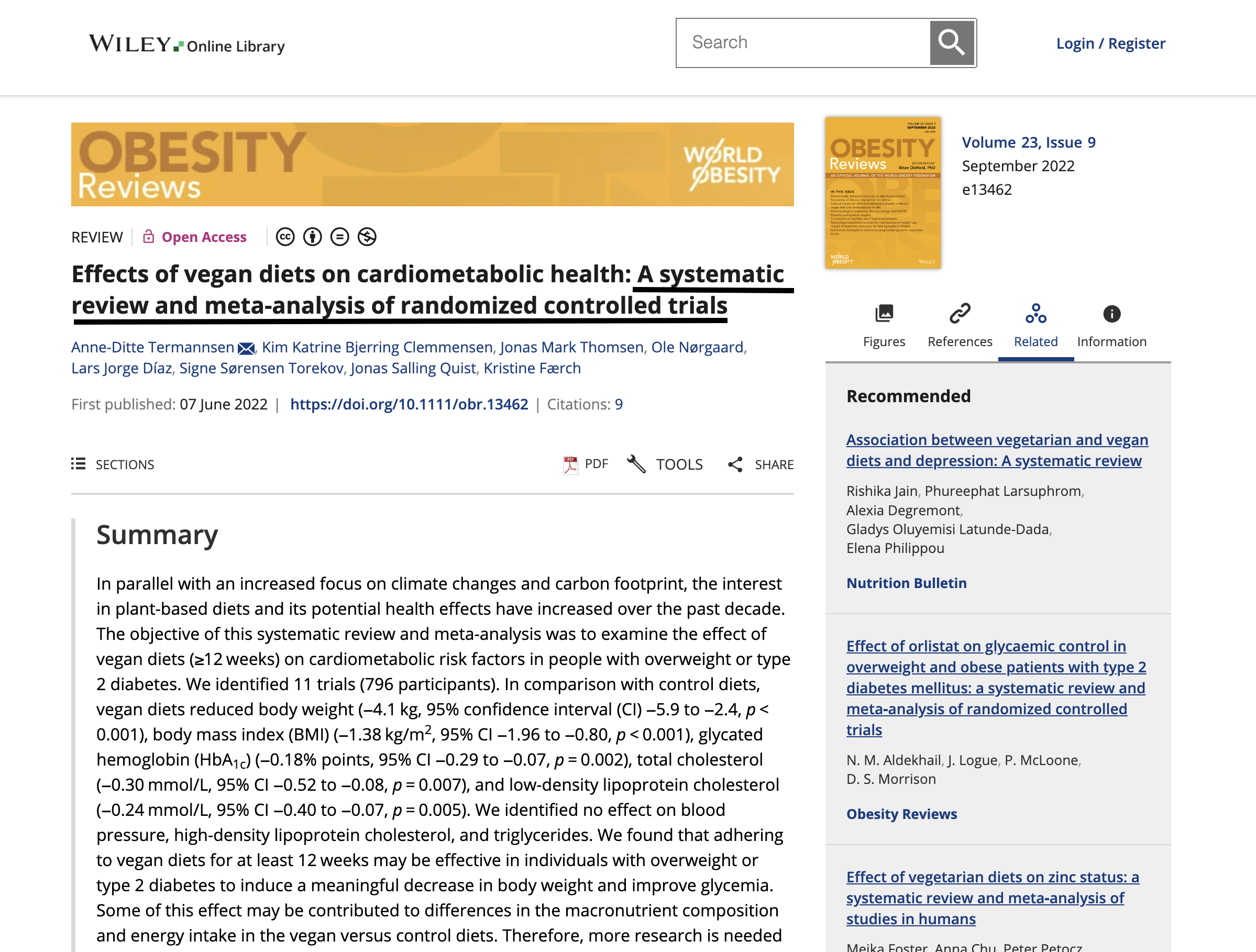In the world of nutrition research, contradictory findings are as common as fad diets.
One day, a study proclaims the benefits of a low-carb diet for weight loss. The next, another study champions a plant-based diet for overall health. This constant flip-flopping of dietary advice leaves most of us feeling like we're stuck in a nutritional ping-pong match.
The root of this problem lies in the complexity of human nutrition. Our bodies are intricate systems, influenced by a myriad of factors including genetics, lifestyle, and environment. Add to this the inherent limitations of scientific research - small sample sizes, short study durations, potential biases - and you've got a recipe for confusion.
But there's a tool that can help us navigate this maze of contradictory research findings. Meta-analysis.
It is a statistical technique that combines the results of multiple scientific studies. It's the research equivalent of zooming out on a map. Take, for example, the debate between intermittent fasting (IF) and caloric restriction (CR). Individual studies have produced conflicting results, but meta-analyses have helped clarify the picture:
- Weight loss: A meta-analysis published in the British Journal of Nutrition in 2018 found no significant difference in weight loss between IF and CR groups.
- Insulin sensitivity: A 2020 meta-analysis in Obesity Reviews reported that IF was associated with greater improvements in insulin sensitivity compared to CR.
- Fat loss: A review in Obesity Facts in 2015 found that IF was more effective at reducing body fat percentage than CR.
- Lean mass preservation: A 2016 meta-analysis in the Journal of Translational Medicine suggested that IF was better at preserving lean muscle mass during weight loss.
These meta-analyses provide a more comprehensive and reliable picture than any single study could. They help us see the forest for the trees, so to speak. But meta-analyses aren't without their own limitations.

They're only as good as the studies they include, and they can be influenced by publication bias - the tendency for positive results to be published more often than negative ones. And in the complex world of nutrition, that's often the best we can hope for.
